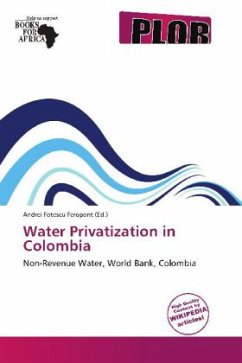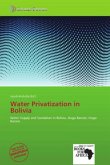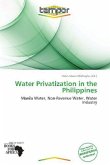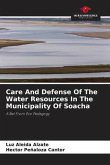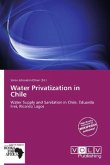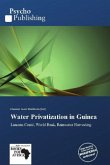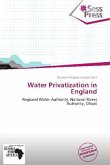Private sector participation (also called "water privatization" or "public-private partnerships", PPP) in providing water supply and sanitation services in Colombia has been more stable and successful than in some other Latin American countries such as Argentina or Bolivia. According to the World Bank, between 1996 and 2007, more than 40 water and sanitation service provision contracts have been awarded to private or mixed companies in Colombia, serving a combined population of 7.3 million or more than 20% of the urban population. According to the Colombian water regulator, there were even more public-private partnerships for water and sanitation in Colombia in 2004: 125 private and 48 mixed public-private water companies, including large, medium and small companies. Most of the contracts were awarded in poor municipalities with highly deteriorated infrastructure. They relied mainly on public funding, complemented by some private funding. The design was based on the central government providing grants in the start-up years to speed the rehabilitation of deteriorated systems and to expand access, while the contracting municipal government also made budgetary transfers on an annual b
Bitte wählen Sie Ihr Anliegen aus.
Rechnungen
Retourenschein anfordern
Bestellstatus
Storno

